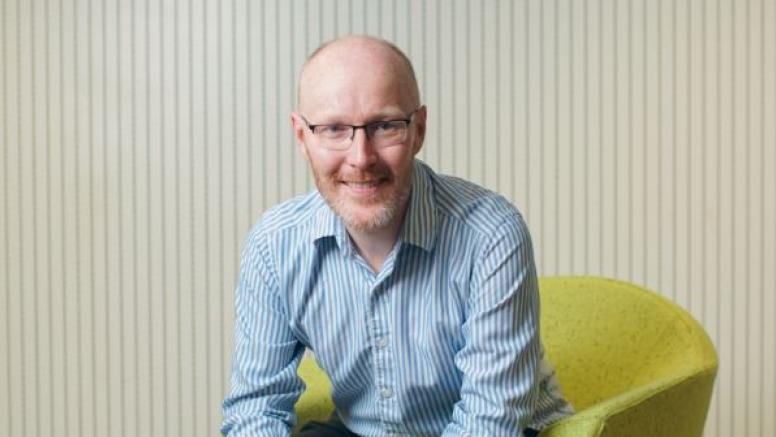Bridging the gap between engineering and science in Wales
Meet Andrew Goodman, the man helping to bridge the gap between engineering and science in Wales

People have long had game changing engineering concepts. The same also goes for paradigm shifting scientific thoughts. The problem is that without joined up thinking, between the best scientific and engineering minds, many projects barely realise their full potential. Enter Andrew Goodman.
Originally an electrical engineer, Andrew spent four years in Japan studying as a PhD fellow. Having completed his studies, he returned to the UK, where he furthered his skill base with an Innovation Design and Engineering Programme at the Royal College of Arts (RCA).
Throughout his 2 years at RCA, a world leading institute which ranks alongside the Massachusetts Institute of Technology, Andrew was fortunate enough to work and collaborate with incredible individuals. It was working with some of the world’s leading minds that gave Andrew the desire to replicate the connected thinking that he had experienced and take it beyond the confines of the RCA and into the wider world.
He explains, “Innovation is very much applying new technologies that meets human and societal need. Engineers often miss the societal need. Innovation is successful when ideas and technology are translated into desirable products or services that meet human need.”
It was narrowing the divide between technology and human need which inspired him to build a super-knowledge source at Bangor University that connects thought with practicalities, scientists with artists and engineering with science.
With that, Enterprise by Design was born.
Enterprise by Design combines students drawn from Business studies, Arts, Science and Engineering and aims to deliver projects that are Feasible (using current available technology), Viable (financially) and Desirable (meeting a human need).
By combining expertise and perspectives, but ensuring everyone is working towards the same goal – human need - these perspectives can work together and identify things that individual disciplines would not have solved alone.
The projects at Bangor run in 12 teams of four students, one from each discipline (Business, Art, Science, Engineering), with a lead facilitator, who is usually a masters student. Every year, teams address a real business challenge given to them by a company. This allows collaboration across disciplines through the University, with a focus on delivering commercially viable business options.
It’s Andrew’s dedication to collaborative thinking that makes his commitment and that of his Innovation team in the Pontio Centre, to BeTheSpark so exciting. He says, “I think it is essential that academics and entrepreneurs promote multidisciplinary based working. The problem we have in Higher Education is that we don’t work outside of our disciplines, and this doesn’t reflect how companies actually function.”
Enterprise by Design certainly seems to be striking a chord with those who come into contact with it. One individual who is full of praise is David Stacey, Managing Director of Zip World UK. David recently selected this year’s winners – a team of students who proposed a package of VR benefits to enhance the customer experience at Zip World sites. David says, “‘There were several ideas with real potential. The final choice was influenced by the credibility of the presenters, the superb content and their professional delivery. We want to work with credible people who fit our culture and brand, and the winning team did that brilliantly. We also wanted an innovative solution that challenged the norm, and, at the same time, delivered commercially across a multisite operation. We felt this group was extremely professional, understood our brand and delivered significant potential for future value.”
Andrew welcomes positive feedback like this but is also firmly focussed on the future. “We have a strong ecosystem here at Bangor University,” he says. “With a superb fab-lab facility in Pontio Innovation and impressive collaboration with academics, both here in our own university and with leading universities worldwide, we have the potential to change the way in which industry and academia combine in terms of exciting design and innovation. Expanding our programmes – including a new Masters in Design and Innovation – will further support this vital component in our society’s future economy.”
Register today to play your part in creating a more visible, connected and simple ecosystem within Wales - Click here.